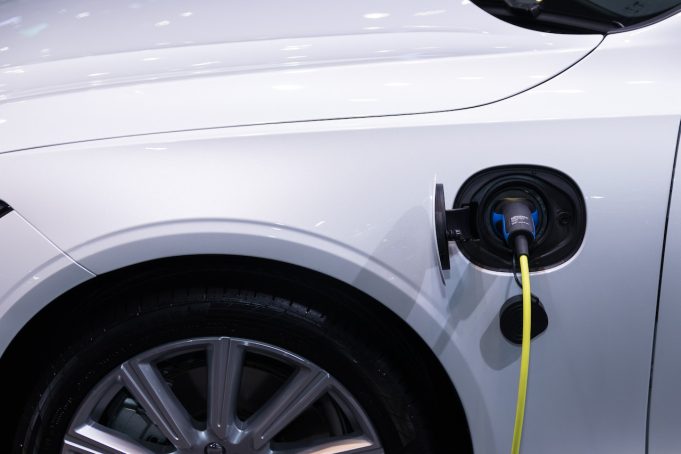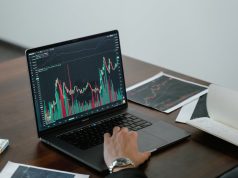Sometimes some smart shopping can go a long way towards improving your financial future and habits. Here are the first steps to consider when determining whether a purchase could be a money saver.
When it’s time to make a purchase, be honest with yourself about whether you’ll use the purchase frequently. Items like an automobile, walking shoes, or basic cooking wares are typically items that you will use over and over. Items that are for new types of fun or special occasions, such as equipment you need for a new sport you are trying or fancy clothing for a one-time event, it’s not clear you will use much.
For items you are sure to use repeatedly, your next question is whether the item will impact your health or whether it will pay you back over time. In terms of things that affect your health and well-being, some items may be more obvious than others. Medicine and medical equipment clearly impact your health. However, some things that may not have occurred to you are things like walking shoes and your mattress.
Electric Vehicle
Unfortunately, no one has invented a car that lasts forever. Cars depreciate in value. It’s unavoidable. However, there are ways to limit your losses when it comes to buying an automobile. The two biggest expenses for using an automobile tend to be repairs and fuel.
If you want to control your costs for car ownership, find a car that has a track record of good performance. That will save you on repair costs over time. To save on fuel costs, consider an electric vehicle. Their overall fuel costs are significantly lower than traditional gas and diesel vehicles.
With so many Tesla charging stations available across the country and gas prices soaring, it’s never been easier to save money while staying on the go. Tacking on the fact that many electric vehicles are eligible for significant tax incentives, owning an electric car can save thousands of dollars per year.
Energy Efficient Appliances and Windows
Anything that heats or cools eats up a lot of electricity. That’s why appliances like refrigerator and air conditioner manufacturers are constantly trying to make the devices more and more efficient. It’s also why there tend to be government incentives to buy high efficiency models.
Take an inventory of the things in your home that help control the temperature, whether in the whole home or in specific areas. Household items like windows, stoves, water heaters, washing machines and dryers, thermostats, and dehumidifiers are prime targets for upgrades. Between the savings you’ll see on your gas and electric bills, combined with state and federal tax incentives for making your home greener, switching to energy efficient appliances are purchases that help pay for themselves.
Kitchen Basics
Dining out for every meal is enormously expensive. Even something as simple as making breakfast and lunch every day and dinner most nights can save many thousands of dollars per year. The average household pays 3 to 5 times more for restaurant food compared to eating at home, so that money adds up.
Make sure your kitchen has the basics. Stock up on at least a simple set of pots and pans, a good knife, and a few other things you need to make meals. A second level of kitchenware that can save you a ton is reusable food storage containers, including reusable water bottles. They help you eliminate food waste from the food you make at home and the delicious food you splurge on for a meal out.
High Quality Clothing and Shoes
Stay away from fast fashion and cheap clothes that don’t last when purchasing items that you will wear repeatedly for years. High quality clothes are made from better fabrics and are sewn in ways that wash and wear better and longer. If you have the opportunity to get your hands on some classic pieces that are very well made, they will pay for themselves over time because you won’t have to keep buying new versions over and over.
When it comes to footwear, take your purchases seriously. The beautiful shoes you buy for a special occasion may not be an investment, but the shoes you wear often, especially the ones you spend a lot of time walking or standing in, are definitely investments in your health. Just like for clothes, quality shoes save you the hassle and costs of having to replace them. More importantly, good shoes help the health of your feet, joints and back. There is no more important investment you can make than in your own health.










